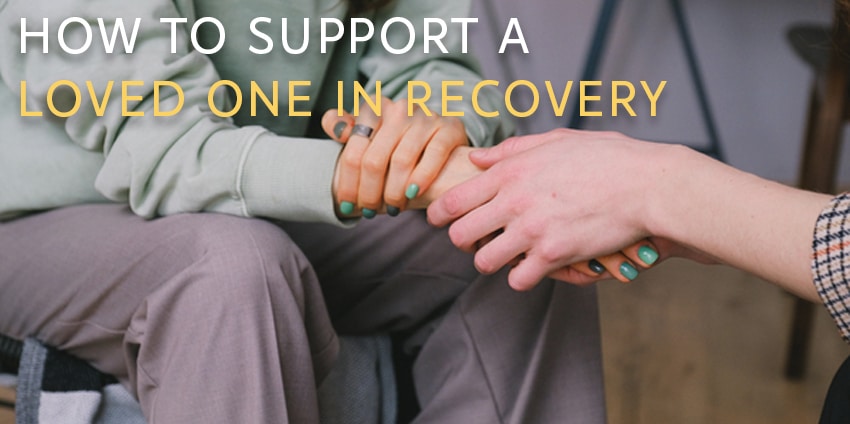How to Support a Loved One in Recovery (and Take Care of Yourself)
“The opposite of addiction is connection.” – Johann Hari
When in recovery, those who suffer from substance use disorder are more likely to succeed with long-term recovery when they are surrounded by a strong community of positive, supportive individuals. These personal relationships might include trained clinicians, peers, family members and relatives. Unfortunately, family members and close friends are also deeply affected by their loved one’s addiction. They may struggle with guilt, shame, anger, blame, and co-dependence.
At Parkdale, we believe the whole support system deserves to heal, so we treat addiction as a family disease. If you are close to someone in recovery, keep reading to learn how you can support them, while also making sure you take care of yourself.
Get Curious
Learning more about substance use disorder, and why it is so challenging to overcome, is one of the first steps to appropriately support your loved one. At Parkdale, we offer educational materials and resources to families to help them better understand their own past behaviors, and ways to interact with their loved one that don’t enable their substance use disorder. Having a deeper understanding of the disease of addiction will help you celebrate their triumphs and recognize and respond to challenges as your loved one embarks on their recovery journey.
Remove Triggers – Create a Substance-Free Environment
Although your loved one may tell you that they are comfortable with you continuing to drink or use substances around them, it could be triggering for them. Those who are in recovery are typically living a sober life. Instead of tempting their will-power and provoking anxiety, support them by creating a positive, substance-free home or environment. Removing alcohol and illicit drugs from the home and making sure to dispose of or lock-up prescription drugs will help mitigate at-home relapse risks.
Promote Healthy Choices
The road to recovery should nourish the mind, spirit, and body. Support your loved one by helping them heal holistically. Encourage a better diet, host sober social interactions, invite them to your faith community, or offer to take part in one of their favorite physical activities. Helping them reclaim the hobbies and interests they may have set aside will strengthen their resolve. With practice and support, substance use disorder will only be a small part of who they are and not what defines them.
Take Care of Yourself
You can’t pour from an empty cup. It’s common to place the needs of your loved one above your own, especially when you see them struggling. Learning how this may be enabling your loved one and developing strong boundaries of your own will keep you emotionally and physically safe. Additionally, joining other families in support groups provides an opportunity to connect with others who are going through similar experiences. Sharing commonalities and creating community can help inspire hope and rebuild lives. Additionally, seeking out individual counseling of your own can help you learn to process your own emotions and behaviors to heal yourself.
Recovery is a Lifelong Process
The road to recovery can feel extremely isolating. But having a positive and encouraging support system can help. If you are worried that your loved one is struggling with their recovery, or may be at risk of relapse, you are not alone. Reach out today.


